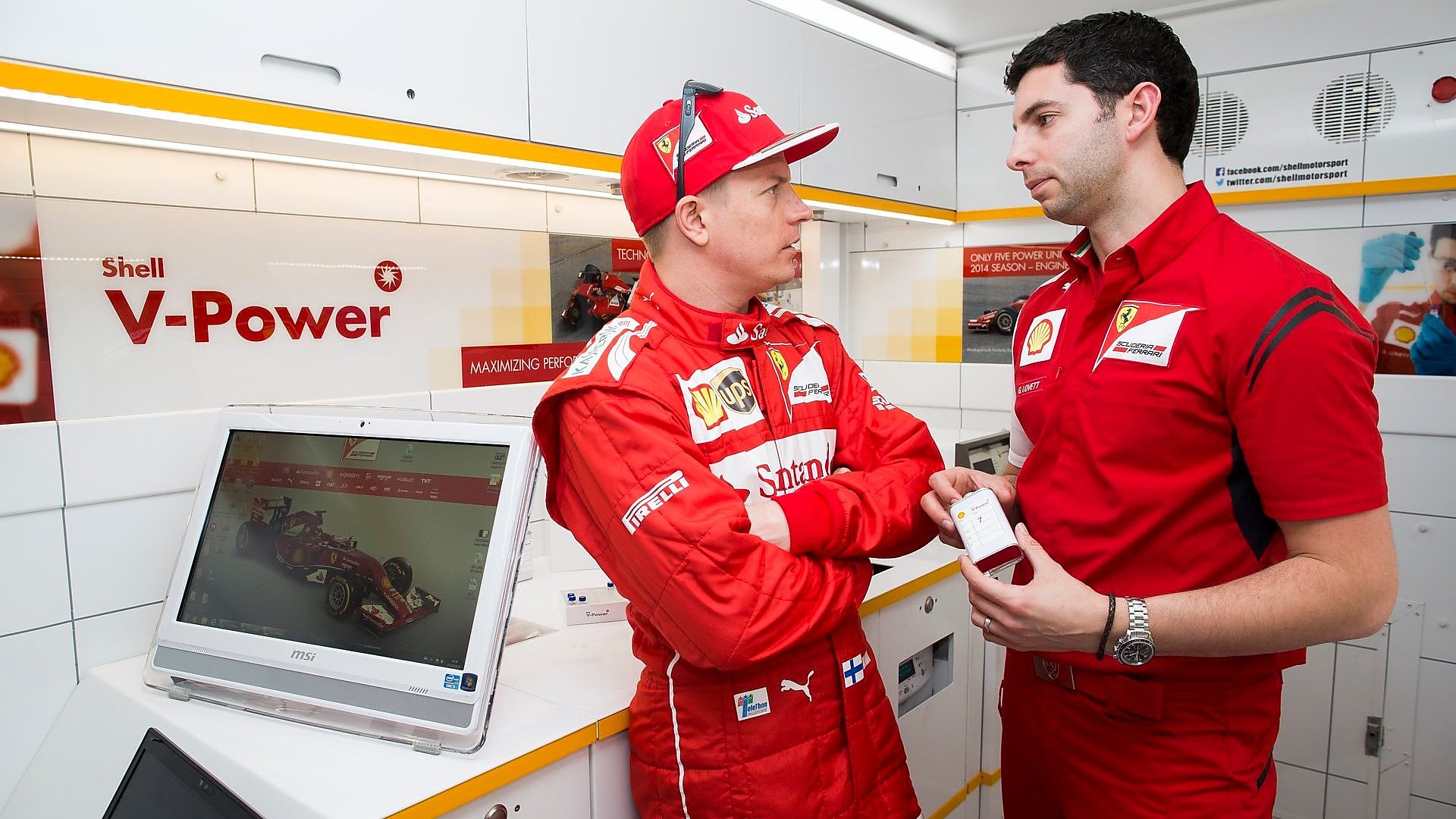You are using an out of date browser. It may not display this or other websites correctly.
You should upgrade or use an alternative browser.
You should upgrade or use an alternative browser.
Why 93 Octane in a GDI engine if it isn’t called for?
- Thread starter ChrisD46
- Start date
Shell V-Power 93 octane, for example, says it has 5 times the cleaning detergents as their 87 octane fuel.
Beats me. I use premium when towing, but not for deposit control, mainly for safety margin and a little extra power that the ECU tunes for in my truck.
From what I understand higher octane gas is a bit more difficult to ignite and it burns a bit longer during combustion cycle, that's about all the difference there is, dunno how it helps with GDI engines.
I do get smoother running engine when on octane higher than 87, a little better range too, 89 makes sense to me, anything more makes no difference or sense to me with my Sportage engine.
I do get smoother running engine when on octane higher than 87, a little better range too, 89 makes sense to me, anything more makes no difference or sense to me with my Sportage engine.
wemay
Site Donor 2023
Because you'd rather not rely on knock sensors in high compression engines.
People run 93 in GDI to prevent deposits for the same reason people run 93 to make more power.
If you know what I mean.
If you know what I mean.
I will always use QT red pump 87 -93 e0 and then 89e10 back and forth so to have a roughly e5 content. as long as I can get a 88+ rating I'm fine. I got over 316,000 miles and even from day one noticed it runs better on much less ethanol content and a bit higher octane.
Because you'd rather not rely on knock sensors in high compression engines.
And spark retardation doesn't help against low speed pre-ignition
- Joined
- Jun 8, 2022
- Messages
- 5,566
High octane allows the engine to advance timing a little further - which is why you often get just a little better mileage and a little more power. Not sure why or how that might help with intake valve carbon - but maybe the gases are hotter at the point the intake starts opening? I am guessing its not enough to matter.
Where's your source, Reddit?
Shell V-Power 93 octane, for example, says it has 5 times the cleaning detergents as their 87 octane fuel.
ahh, no. Shell is Top Tier, which means ALL of their octane grades MUST meet Top Tier standards for detergents.

While I never noticed that difference with ethanol, I’ve noticed the difference in fuel economy. I run 91 E0 in my GTI because it’s cheaper than 93 E10 and most of the time easier to find here. 91 is the minimum for my tune. Even if I wanted to set the tune for 93 I’d have to take 10 minutes to downgrade the tune to 91 every time I couldn’t find 93 just to be safe if I couldn’t assure I wasn’t going to go full throttle.I will always use QT red pump 87 -93 e0 and then 89e10 back and forth so to have a roughly e5 content. as long as I can get a 88+ rating I'm fine. I got over 316,000 miles and even from day one noticed it runs better on much less ethanol content and a bit higher octane.
My Tuscon sometimes pings a little when cold on 87. Seems to be doing it less since I dose it with gumout pretty frequently. I wouldn't put 93 in it though.
Gas does not come in contact with GDI intake valves so little to no cleaning possible due to GDI engine design.Shell V-Power 93 octane, for example, says it has 5 times the cleaning detergents as their 87 octane fuel.
I know that’s what they say; however, how does this make a difference on IVD when there’s never any fuel on the back of the intake valves? Shell in a GDI “may” help piston dome and top ring cleanliness some, but it’s really just marketing. I haven’t seen any proof of two identical engines run side by side with different fuels and then torn down at 100k with all other variables held equal.Shell V-Power 93 octane, for example, says it has 5 times the cleaning detergents as their 87 octane fuel.
The 3.5EB is likely different from some; it’s tuned to run on 87, but dyno testing has shown a 20-something horsepower increase from running straight 93 octane. However, most truck owners including myself simply aren’t going to pay for 93 for 20HP.I’ve read where people look to control intake valve deposits in GDI engines by using 93 octane top tier gas … Unless your GDI engine calls for 93 octane gas - how is this supposed to help?
My Ascent though, via Cobb Performance, did not make any more power at all on 93, which means Subaru truly did tune it for 87, likely for safety. The FA24 only makes ~25HP and similar torque more when tuned to the hilt on 93, so they sized everything pretty well for what they intended to sell.
Fuel doesn’t touch the intake valves with GDI… so there is that.
Similar threads
- Replies
- 61
- Views
- 7K
- Replies
- 6
- Views
- 3K
- Replies
- 51
- Views
- 7K
